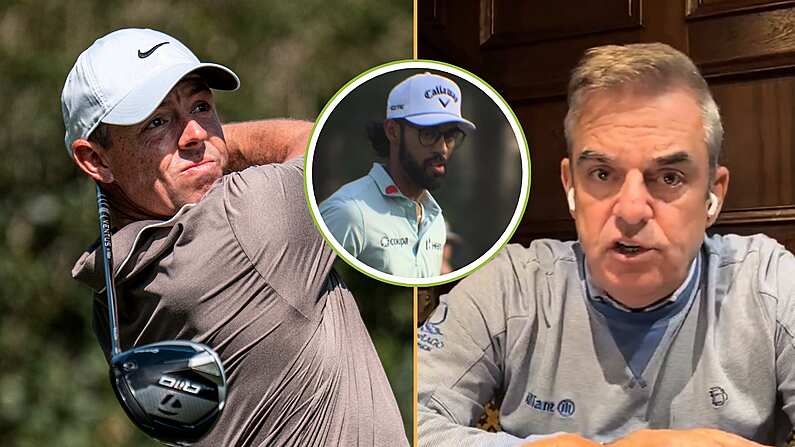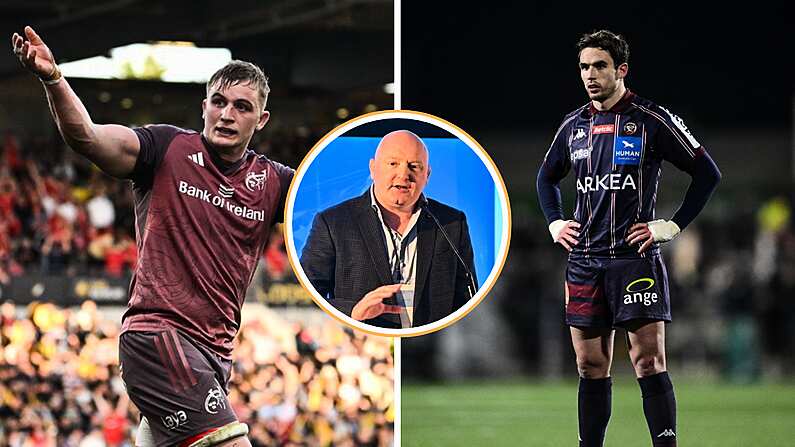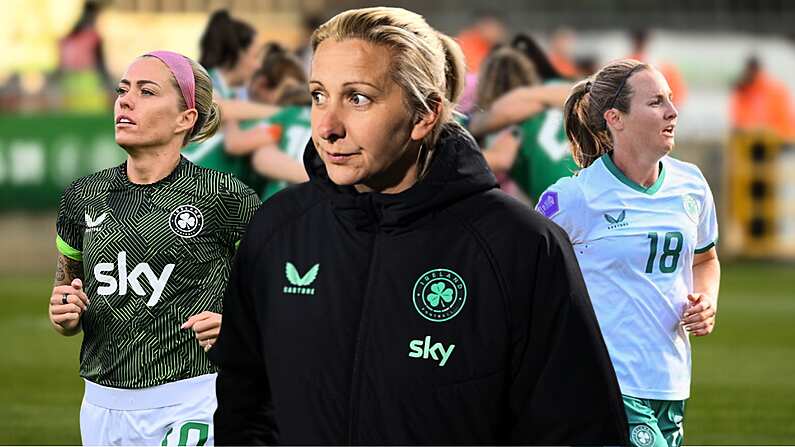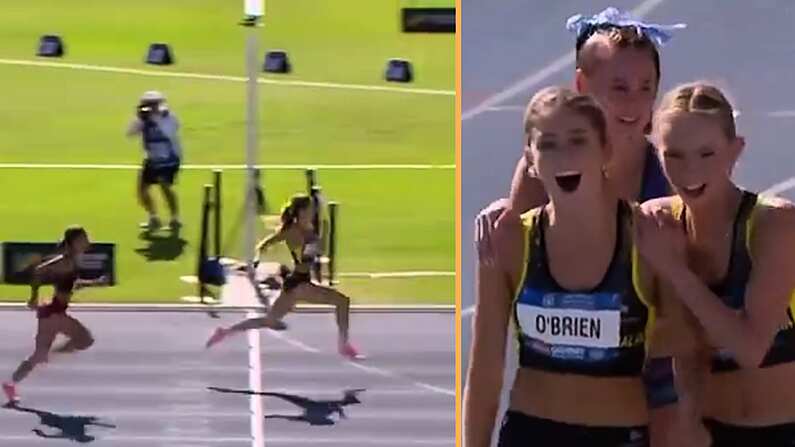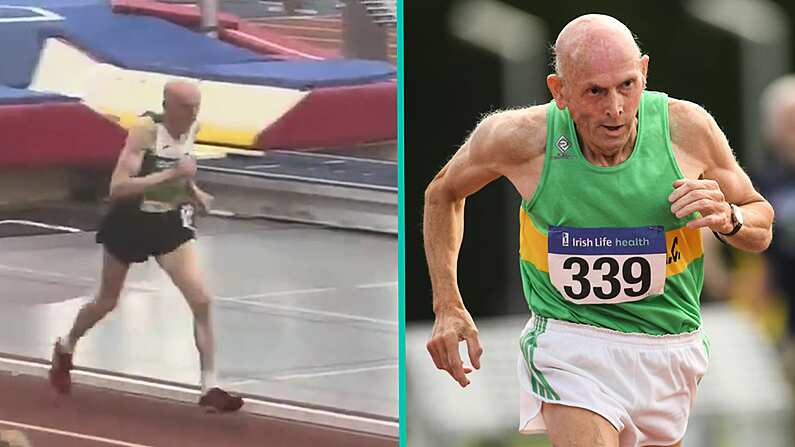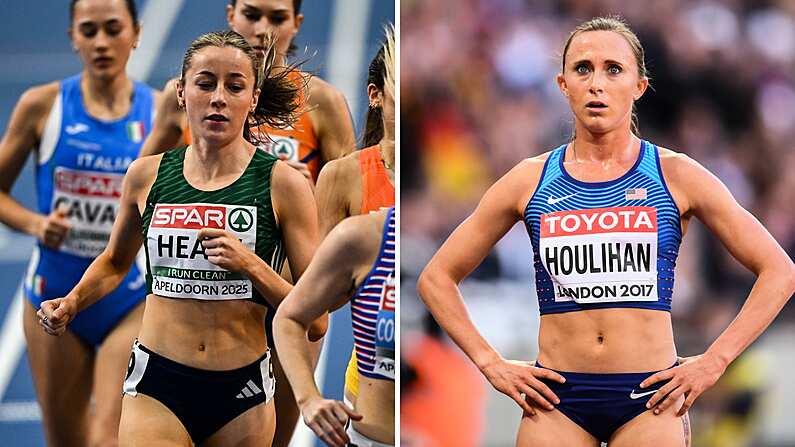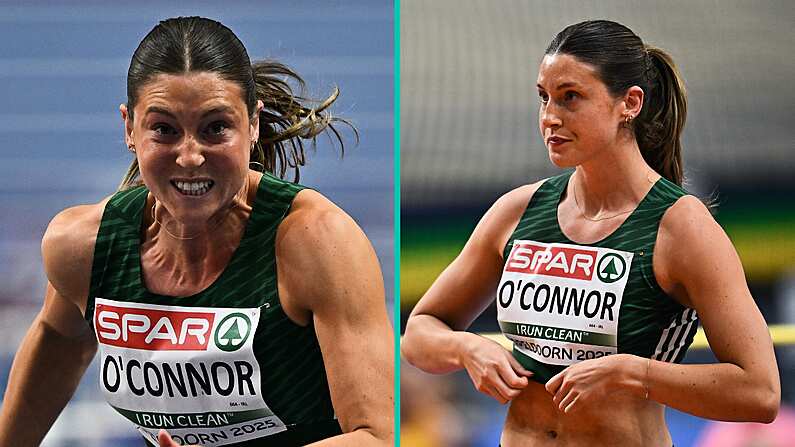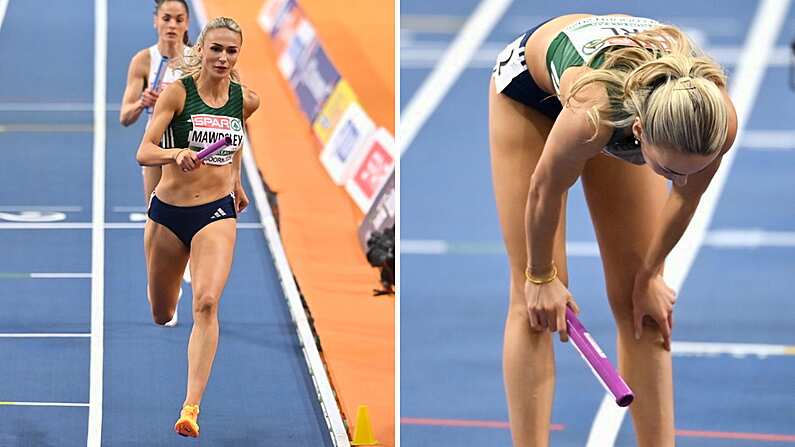When Usain Bolt crossed the line in Beijing on Sunday, Steve Cram announced to everyone who was tuned into BBC's coverage that the Jamaican had 'saved his title, saved his reputation and may have even saved his sport'.
It's fair to say that quite a few eyes rolled around the globe when they heard those words. The 'good vs evil' debate had been going for months in advance but, with the ramping up of doping accusations immediately preceding the World Championships, it became incredibly clear that this was so much more than a case of Justin Gatlin being the bad guy.
The narrative since Bolt's win has been that the good guys can win. And it's easy to see why. Seb Coe wants his IAAF presidency to be seen to be tough on dopers and having Gatlin win the blue riband event at the World Championship would have been an awful start.
However, and awful lot of people are not buying that narrative and one man who's having absolutely none of it is Denis Hickie. The former Ireland winger has today penned a letter to the Irish Times in which he makes it very clear why Sunday's race did anything but 'save the sport'.
If Gatlin had not tied up and lost form and momentum in the final few metres of the race, his probable victory would have have shone a powerful spotlight on just how morally bankrupt athletics is as a sport.
It's difficult to argue with Hickie. Gatlin probably should have won. His 9.80 was significantly below the kind of time he could and probably should have run had he not messed up the finish. For Hickie, Bolt's victory does not remove the question that everyone would certainly have been asking, 'what kind of sport allows a twice-banned doper to go on and become its world champion?'
Instead Bolt’s epic victory has, we are told, given us “the result that everyone wanted to see”. Well, everyone in the IAAF at least.
And, it must be said, everyone in the BBC as well, if you're to believe Gatlin.



